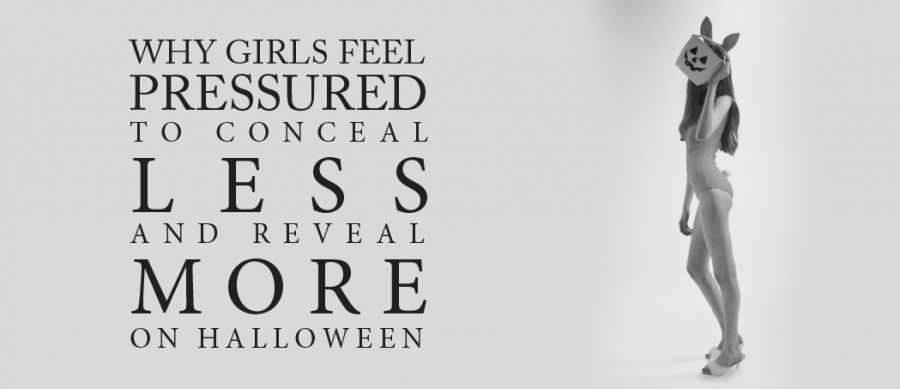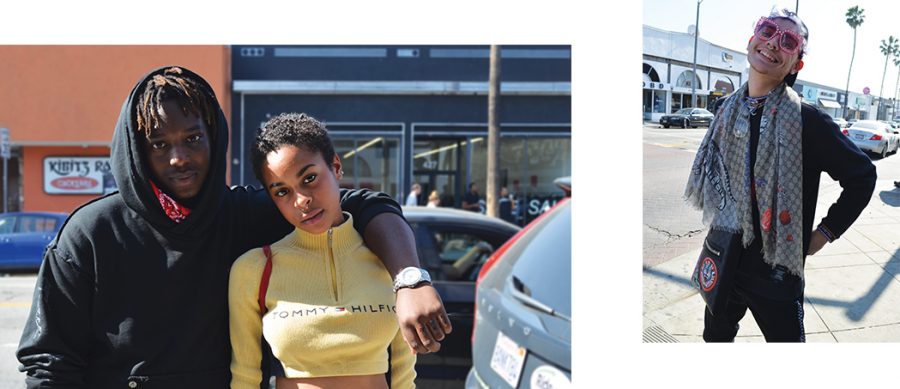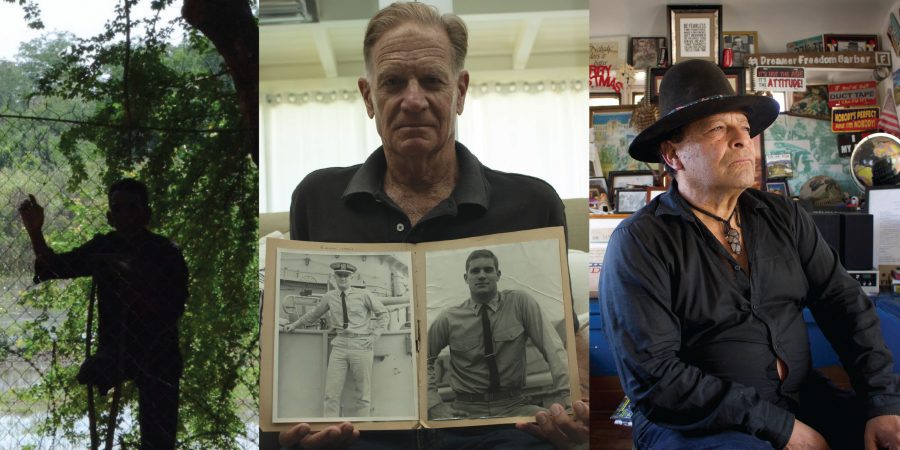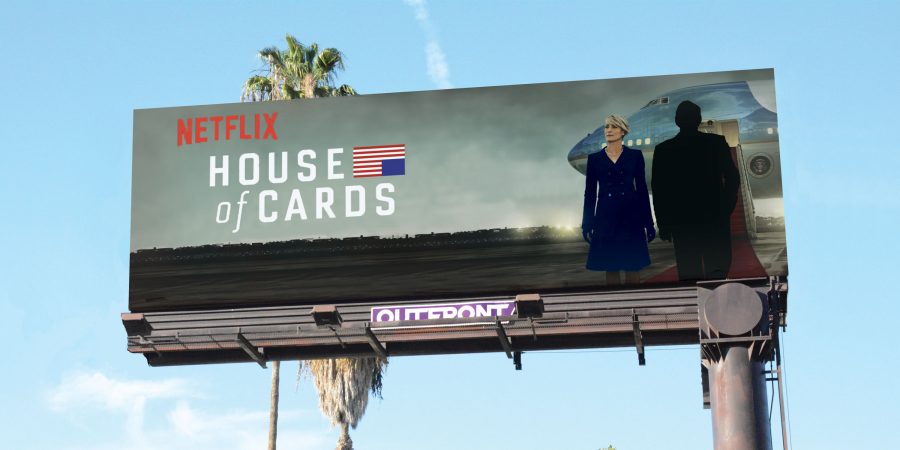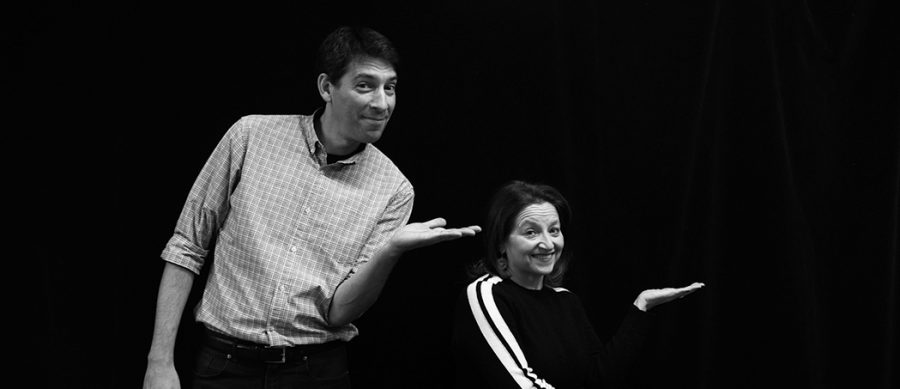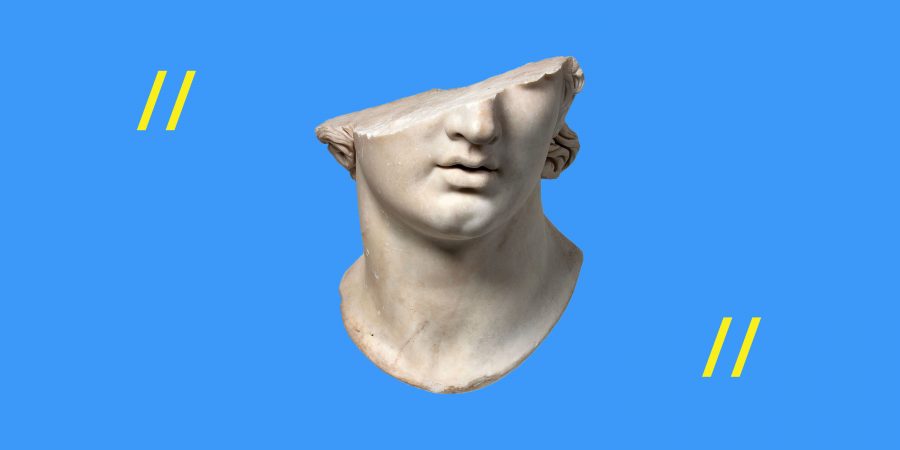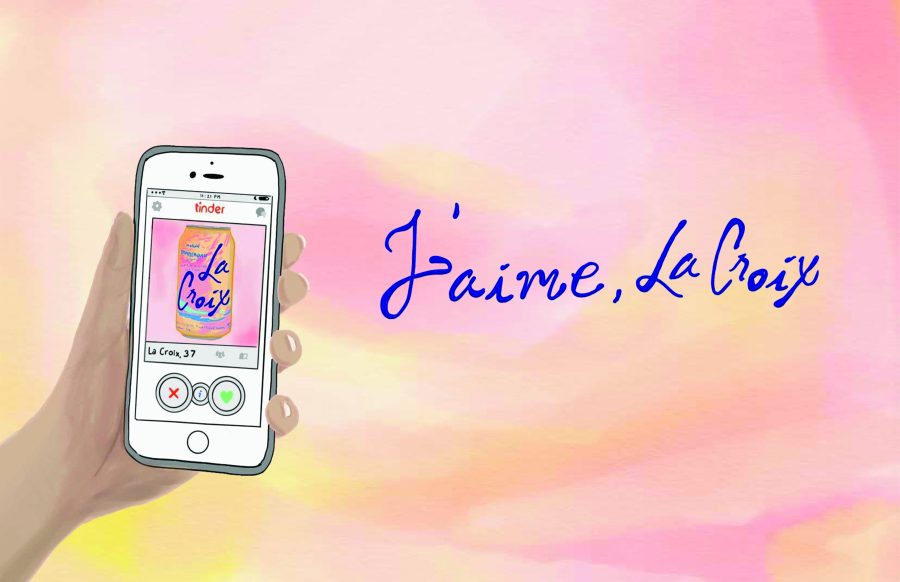Amelia* ’19 pulled down on the black spandex of her costume, feeling exposed as she walked through a sea of Red Solo cups, discarded candy wrappers and jack-o-lanterns.
Just a few hours earlier, Amelia was dressed in a loose-fitting t-shirt and leggings. Feeling comfortable and confident in her previous Halloween costume, Amelia said she felt pressured by a friend to dress in a more revealing manner.
“When she handed me the new costume, I didn’t know what to think,” Amelia said. “I wanted to fit in, but I was surprised that this was the supposed way to do that. It’s never how I dress, but it feels like there is pressure to not look innocent, modest and juvenile because Halloween is a day to be anyone but yourself.”
As she passed groups of similarly dressed girls, she said her costume gave her a sense of belonging at the party. However, she said she was sad that she had to give in to pressure in order to avoid judgement.
“I was glad to fit in, but upset that I had to change what I wore to fit in,” Amelia said. “[My friend] made me feel like, as a new high schooler, this is how I had to dress on Halloween. It wasn’t about how the shorts looked on me, but rather about how they matched what other people were wearing.”
Amelia is not alone. Out of a Panorama poll of 227 girls polled, 38 percent said they feel pressured to dress in revealing Halloween costumes.
Licensed Marriage and Family Therapist Joanna Szumski attributed this pressure to social norms established by the media.
“The media places a great emphasis on thinness and sexuality,” Szumski said. “The fashion and beauty industry are both known to capitalize on the insecurities of girls and women. Teenage girls feel pressure to conform to their peers and dress up in a sexy outfit in order to fit in. Teens want to feel acceptance in a group and not be judged as being different.”
Amelia said social media contributes to the pressure she feels.
“I always see girls on Instagram who are wearing tiny Halloween costumes and look amazing, and I tell myself that I would look better if I were wearing things like that too,” Amelia said.
Other students said they feel the way Halloween costumes are marketed promotes the stereotype that girls must dress in a revealing manner on Halloween.
Julie* ’19 said when she shops for Halloween costumes, she is shocked by the lack of body diversity between the models and the way the marketing is able to play off of her personal insecurities.
“I definitely feel like the way that they market Halloween costumes is targeting more what society wants than what we think best fits us as women,” Julie said. “They present a perfect teenage girl and they expect everyone to look exactly like she does in that costume, and that won’t happen. I don’t look like that. There are so many different body types, which are all beautiful, but not in the way that society defines as beauty.”
Julie said that she has also noticed a clear difference between the way that boys and girls’ costumes are marketed, as girls are often provided with significantly more revealing options.
In fact, Party City’s website has a category called “Sexy Costumes” for women but not for men.
Szumski said that this difference reinforces the negative messages about body and worth established by the media.
“Girls are bombarded with messages from movies, TV, advertisements and magazines that what really matters is how they look and how much of their body they show off,” Szumski said. “Not only do we see costumes made for teens that are short, low-cut and way too revealing, but they are also made for one specific body type, thin girls. This only further perpetuates the thin ideal that the media imposes on women from an early age.”
According to the American Psychological Association, the hyper-sexualization of women in the media can lead to self-confidence issues, eating disorders, anxiety and depression.
Julie said exposure to these sexualized images each Halloween has made her less confident about her body.
“I feel like this stereotype definitely has affected my self-confidence,” Julie said. “It puts a lot of pressure on teenage girls to always look sexually appealing and make boys want to be attracted to them because the outfits that we are pressured by society to wear are revealing and can make me feel bad about my body, especially when I compare myself to others who are wearing a similar costume.”
Other students attributed this pressure to the influence of their peers. Brittany* ’19 said that as she entered middle school, she became more aware of the societal pressures surrounding Halloween.
“In elementary school, Halloween was more of a fun, fair-type event, and I would wear my costume solely to school and trick-or-treating,” Brittany said. “Sometimes, I even made my own costume. Once I got to the Middle School, however, this changed. I was hanging out with high schoolers instead of kindergarteners, and the people I was around were dressing more provocatively, which made me feel like I needed to dress this way.”
The influence of her older friends, as well as her participation in a group costume, led Brittany to be pressured into dressing up as a “slutty” geisha.
“I think that as you get older, there is more pressure to do costumes with your friends and when you are deciding to do a costume with a bunch of people, you don’t want to be the one person that doesn’t agree when the general consensus is to dress provocatively,” Brittany said. “It definitely was not a costume I would normally choose for myself, but I didn’t want to be the odd one out.”
Although the costume was more provocative than those she would usually choose, Brittany said that the outfit served as a confidence boost.
“Although I was initially hesitant, I ended up feeling good in the costume,” Brittany said. “It ended up being less provocative than I thought because I loved the traditional robes that they wear.”
Other students on campus expressed similar sentiments. Abigail* ’19 said dressing up each year allows her to look at her body in a more positive light.
“I think that when you look good, you feel good,” Abigail said. “For me personally and for a lot of people I know, dressing in a way where you look conventionally attractive does make you feel good.”
Although Abigail said that she recognizes that there is pressure to conform to societal norms, she has decided to embrace it.
“I don’t mind the pressure, and I would probably dress this way on Halloween anyways, even if there wasn’t pressure,” Abigail said. “If I am going to a party, I want to look good and I think sometimes that is equated to be the same thing as looking slutty.”
Olivia* ’19 said although she recognizes that many other students across campus feel pressure to dress provocatively, she has been able to ignore the stereotypes and view the holiday as a chance to be creative.
“I dress for myself,” Olivia said. “I think it is fun to have a night where you can dress up and dress differently than you usually do in your daily life, and Halloween gives you a chance to do that.”
In contrast, many boys on campus have said that they do not experience any pressure regarding their costumes on Halloween. In a Panorama poll of 191 boys, 10 percent said they feel pressure to dress in revealing costumes and 89 percent said they felt no pressure to even dress up at all.
“For most guys, Halloween is simply a lighthearted day to have fun,” Peter Sykes ‘19 said. “There isn’t the same pressure for guys to dress up as there is for girls, and even if you choose to, there isn’t the same judgement over what kind of costume you wear.”
Sykes, however, said that he feels the holiday has a different connotation for most girls.
“I think that [dressing provocatively] on Halloween for girls has become a social norm, and I think that this has led most girls to feel pressured to dress in this particular way,” Sykes said. “They are trying to conform because they see that a lot of other people are doing it. It more based on peer pressure than actual desire, I think.”
Julie said that although she resents the expectation, she finds it difficult to separate from the stereotype.
“I really wish I had the courage to separate myself from the stereotype and dress the way I want to on Halloween,” Julie said. “However, because everyone else will be dressing like that, I don’t want to be the odd person out. I am afraid to be myself and be different.”
*Names have been changed.





























